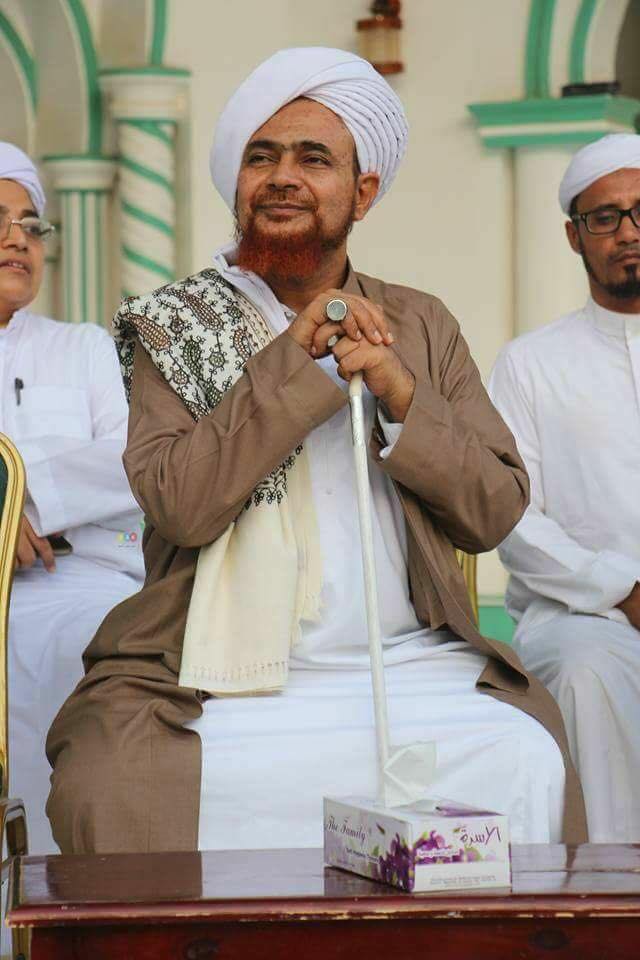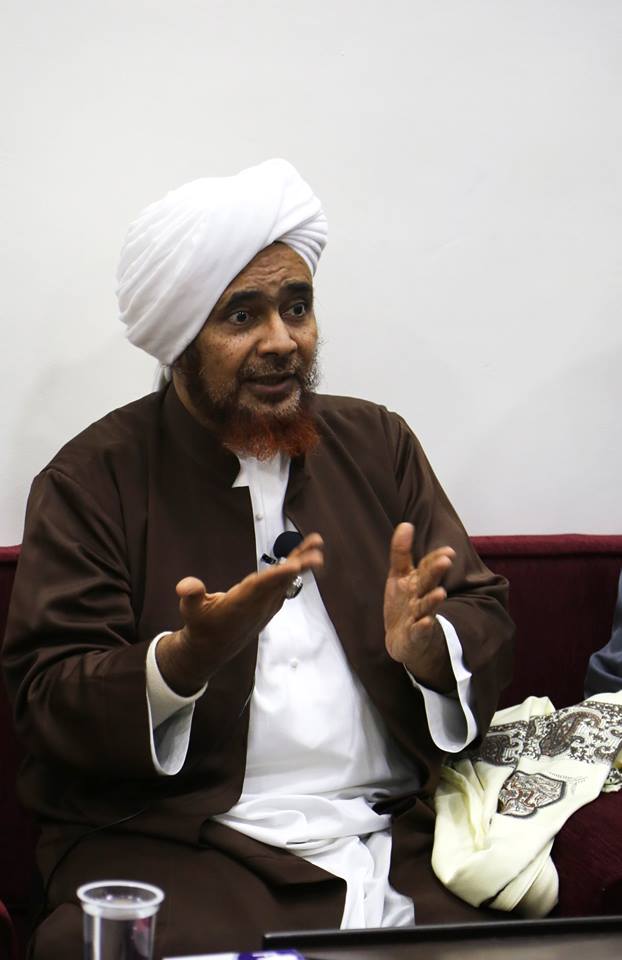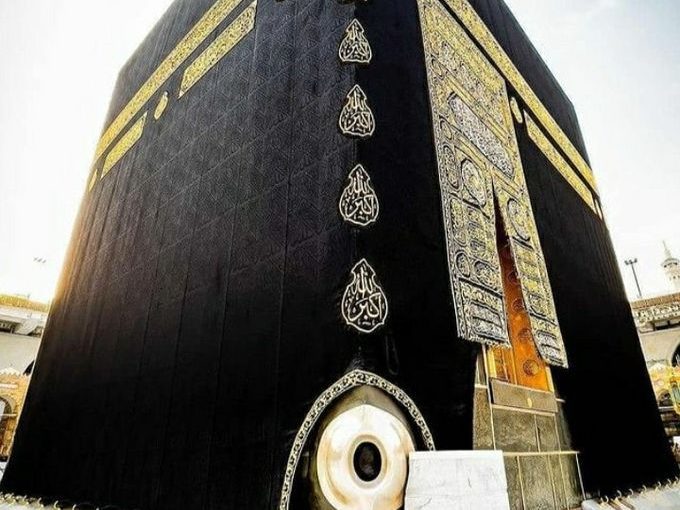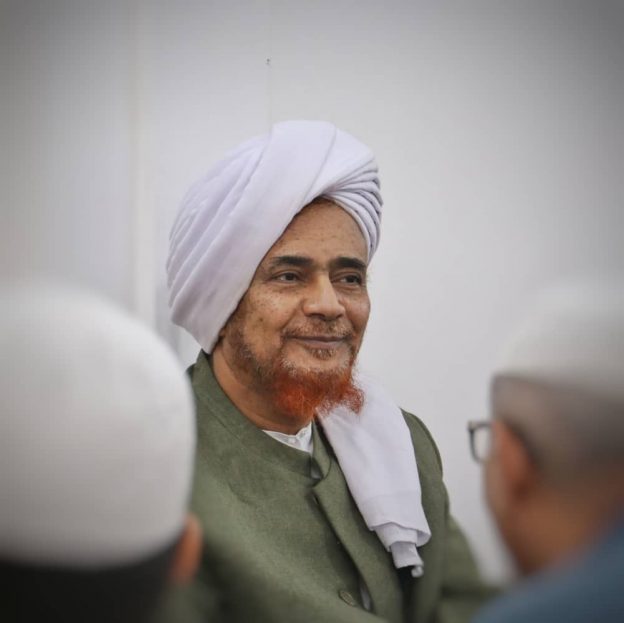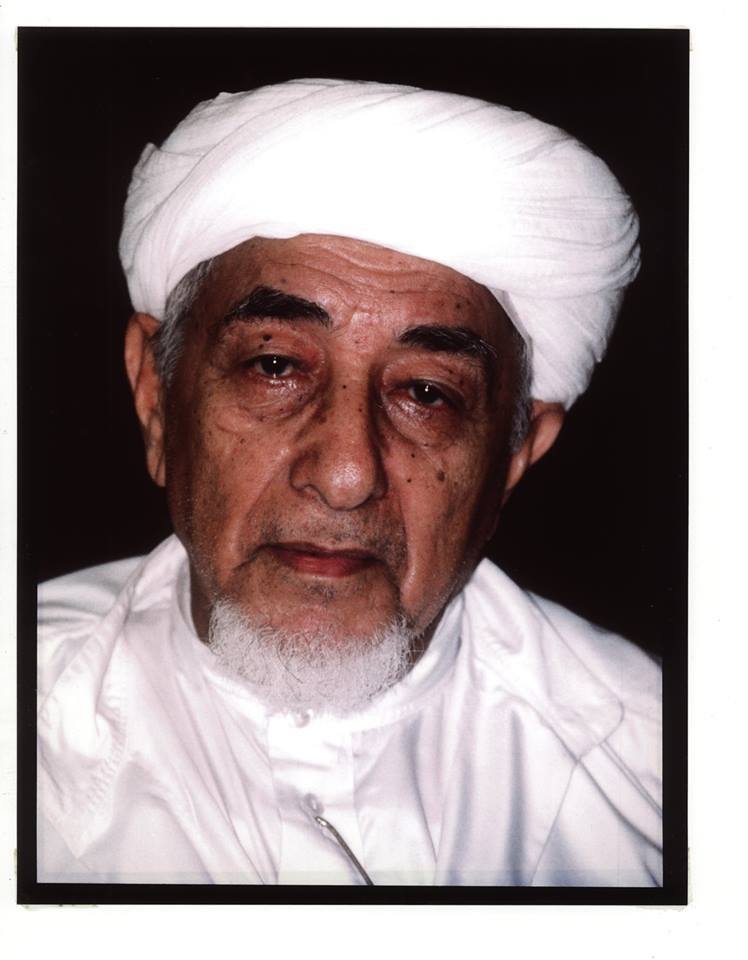One of the first things Sayyidi Habib Umar bin Hafiz (may Allah protect him and benefit us by him) did when he returned to Tarim after performing hajj was to seek Allah’s forgiveness. The Prophet said ﷺ : “O Allah, forgive the one who has made hajj and the one for whom he seeks forgiveness.” This is the prayer he made:
O Allah, as Your Prophet ﷺ taught us, we seek Your forgiveness for ourselves and those present and our families and our children and those in our homes and our neighbours and our companions and our students and all Muslims and believers male and female. Continue reading Seeking Allah’s Forgiveness After Hajj




